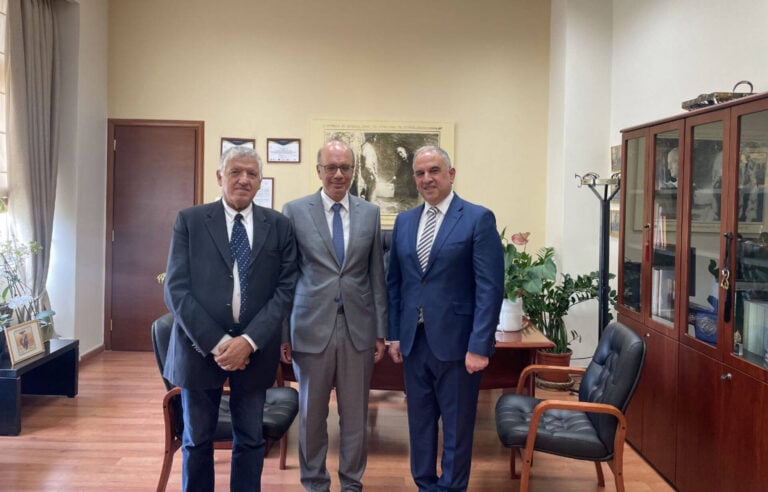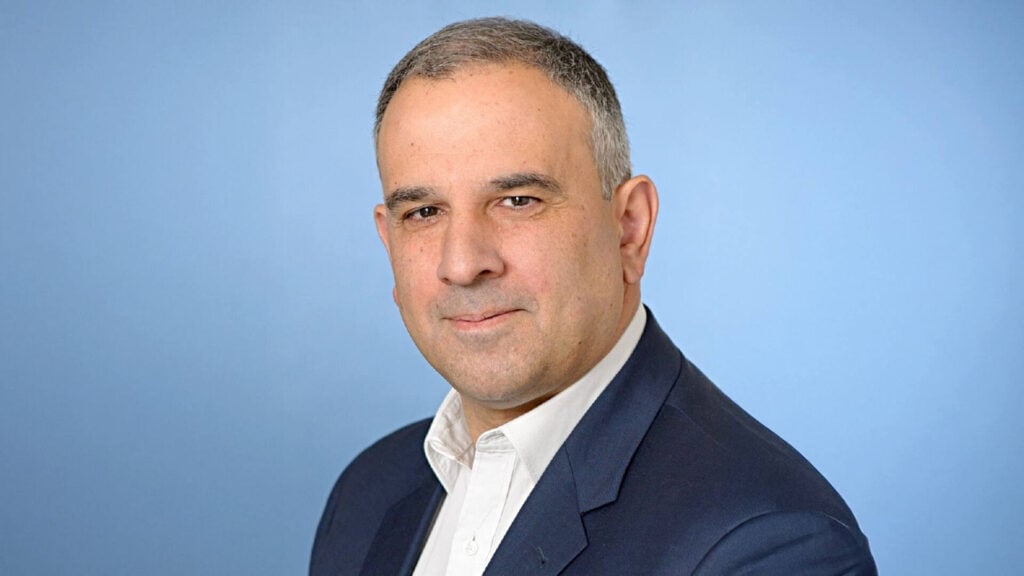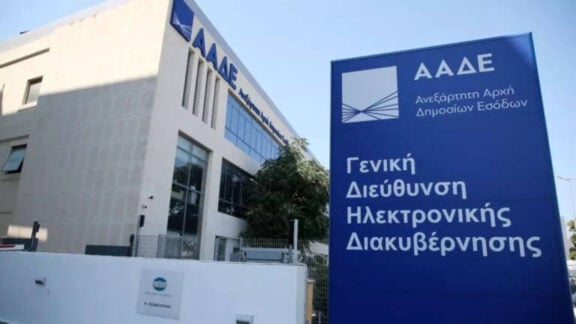In a significant development for Victorian healthcare, Associate Professor Marinis Pirpiris has been appointed Chair of the Victorian Perioperative Consultative Council (VPCC) — one of the state’s most important ministerially appointed advisory bodies, tasked with improving surgical care quality and patient safety across Victoria.
Associate Professor Pirpiris brings a wealth of expertise in orthopaedic surgery, trauma care, and medical education. His appointment comes at a crucial time for the Victorian health system, which continues to face challenges including surgical backlogs, workforce pressures, and the need for system-wide equity—particularly for rural and regional patients.
“This is both a great honour and a great responsibility. To lead a council that is so central to the safety and wellbeing of patients is truly humbling.”” Associate Professor Pirpiris said following his recent appointment. “The work of the VPCC is about more than surgery. It’s about listening to patients, engaging clinicians, and creating systems that support excellence in every part of the perioperative journey.”
Speaking to Neos Kosmos, Dr Pirpiris expressed his enthusiasm. He has been a member of the VPCC since its establishment in October 2019 under then-Health Minister Jenny Mikakos, building on the work of the former Victorian Surgical Consultative Council.
“The VPCC is a ministerial council with a multidisciplinary composition, including surgeons, nurses, administrators, allied health professionals, and consumer representatives. Its purpose is to provide advice, review healthcare outcomes, analyze mortality and morbidity, and work on improving safety and quality in healthcare services in Victoria,” Dr Pirpiris told Neos Kosmos.
“We’re building stronger capabilities in data and analytics to track outcomes across the state. This allows us to compare hospital performance, identify areas for improvement, and share successful practices. If one hospital is excelling in a particular area, we can ask, ‘What are they doing right?’ and apply those lessons elsewhere. It’s about connecting institutions and having a more collaborative approach to sharing and using data.”

As Chair, his aim is to extend this integrated approach to the state level, ensuring continuity of care across all health services and making sure no patient is left behind, regardless of their postcode, background, or socioeconomic status.
Associate Professor Pirpiris acknowledged the significance of representation in his new role. “As someone from a culturally and linguistically diverse background, I understand the importance of inclusion and community. This position allows me to bring those values into every discussion we have, ensuring the systems we build reflect the needs of all Victorians.”
Beyond his clinical and community achievements, Associate Professor Pirpiris is also known for his contributions to medical research and education. He has held academic appointments with several Australian universities, delivered numerous keynote lectures at national and international conferences, and published widely in peer-reviewed journals. His insights into surgical care and system improvement have helped shape contemporary orthopaedic practice and influenced hospital policy at multiple levels.
Strengthening ties between Greece and Australia
A prominent figure in the Greek Australian community, and President of the Hellenic Medical Society of Australia (HMSA), Dr Pirpiris has long championed stronger medical ties between Greece and Australia.
Only last month, while in Greece, he met with Professor Nikolaos Arcadopoulos, Dean of the National and Kapodistrian University of Athens Medical School, to advance initiatives aimed at strengthening clinical and academic collaboration. Also present was Dr Konstantinos Pantos, a Melbourne-raised assisted fertility and IVF specialist.
Discussions centred on expanding undergraduate and postgraduate exchanges, awarding honorary academic titles, and, importantly, establishing reciprocal recognition of medical degrees.
Such recognition would allow Australian-trained doctors to teach in both university and clinical settings in Greece, Dr Pirpiris told Neos Kosmos.
“Australia already has frameworks in place to temporarily acknowledge overseas qualifications, enabling visiting doctors to teach, undertake fellowships, and receive further training,” he said. “In Greece, progress is underway. Last year, I met with Health Minister Adonis Georgiadis, who confirmed that paperwork was being prepared to introduce a comparable recognition process, especially for countries with strong diaspora links and the President of the Athens Medical Association, George Patoulis, has also voiced strong support for expanding global collaborations.”
For doctors from the Greek diaspora, this will offer a unique opportunity to reconnect with their heritage while contributing to Greece’s healthcare system, Dr Pirpiris says. They also provide valuable exposure to diverse healthcare settings, enhancing adaptability and professional growth.








